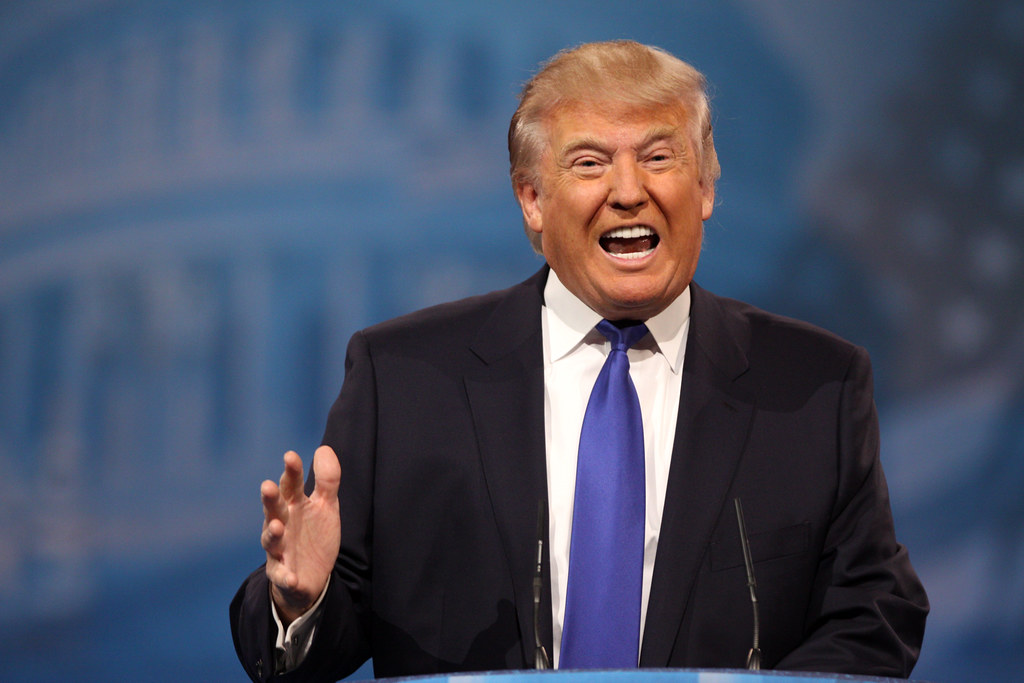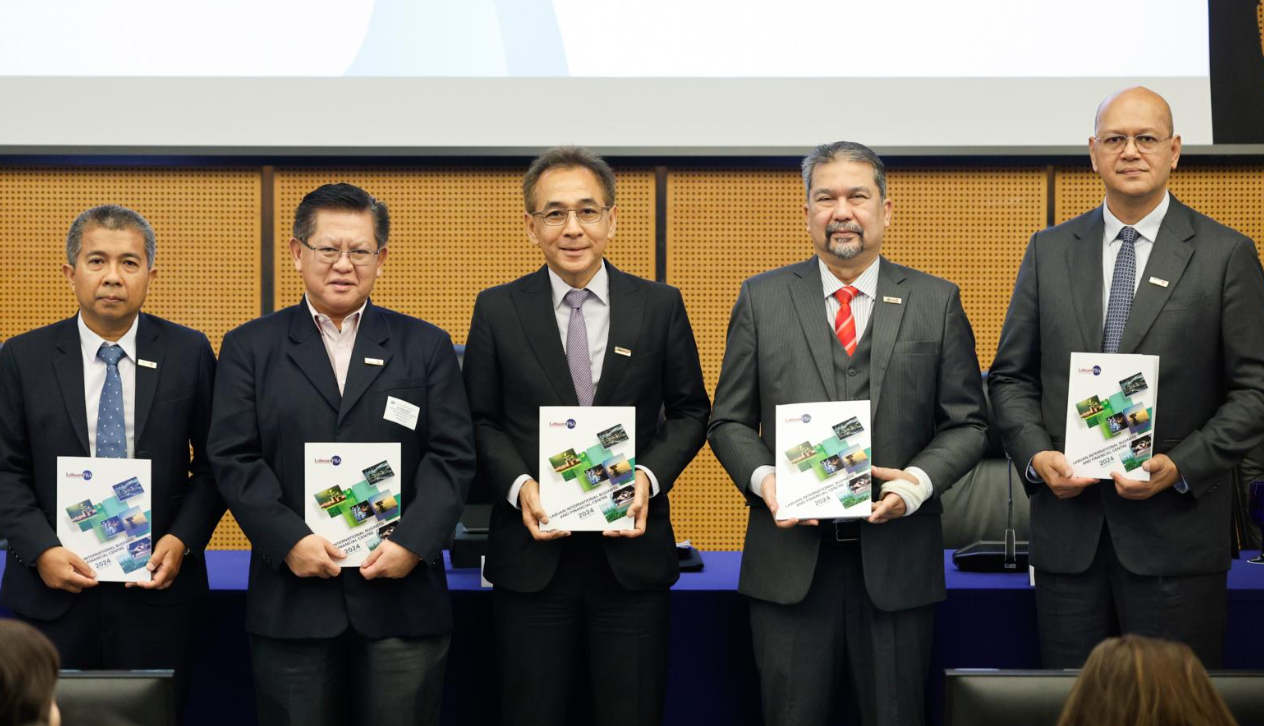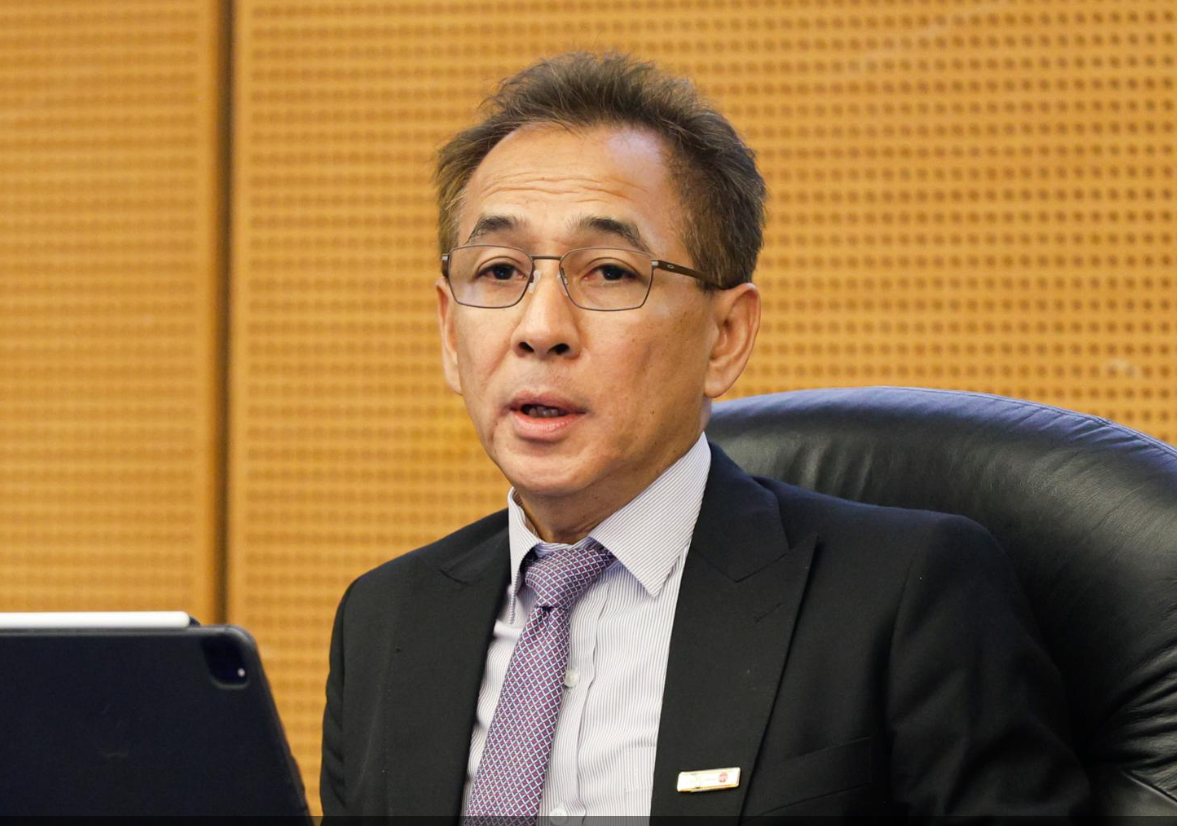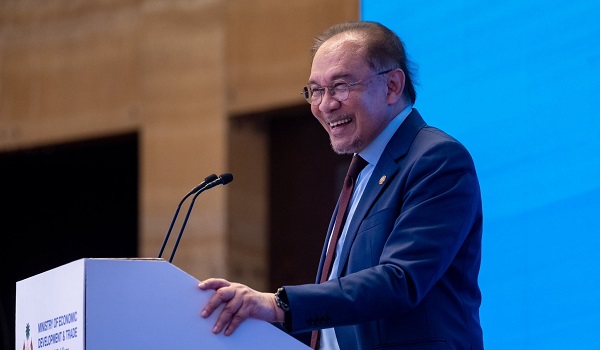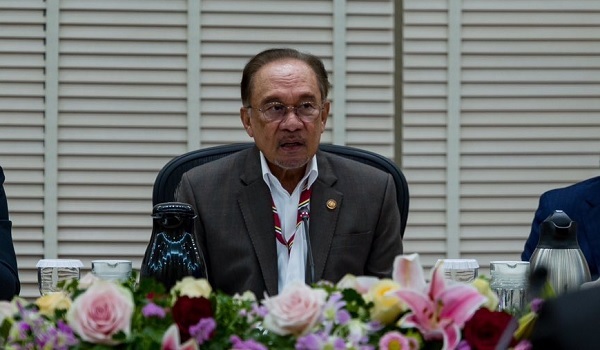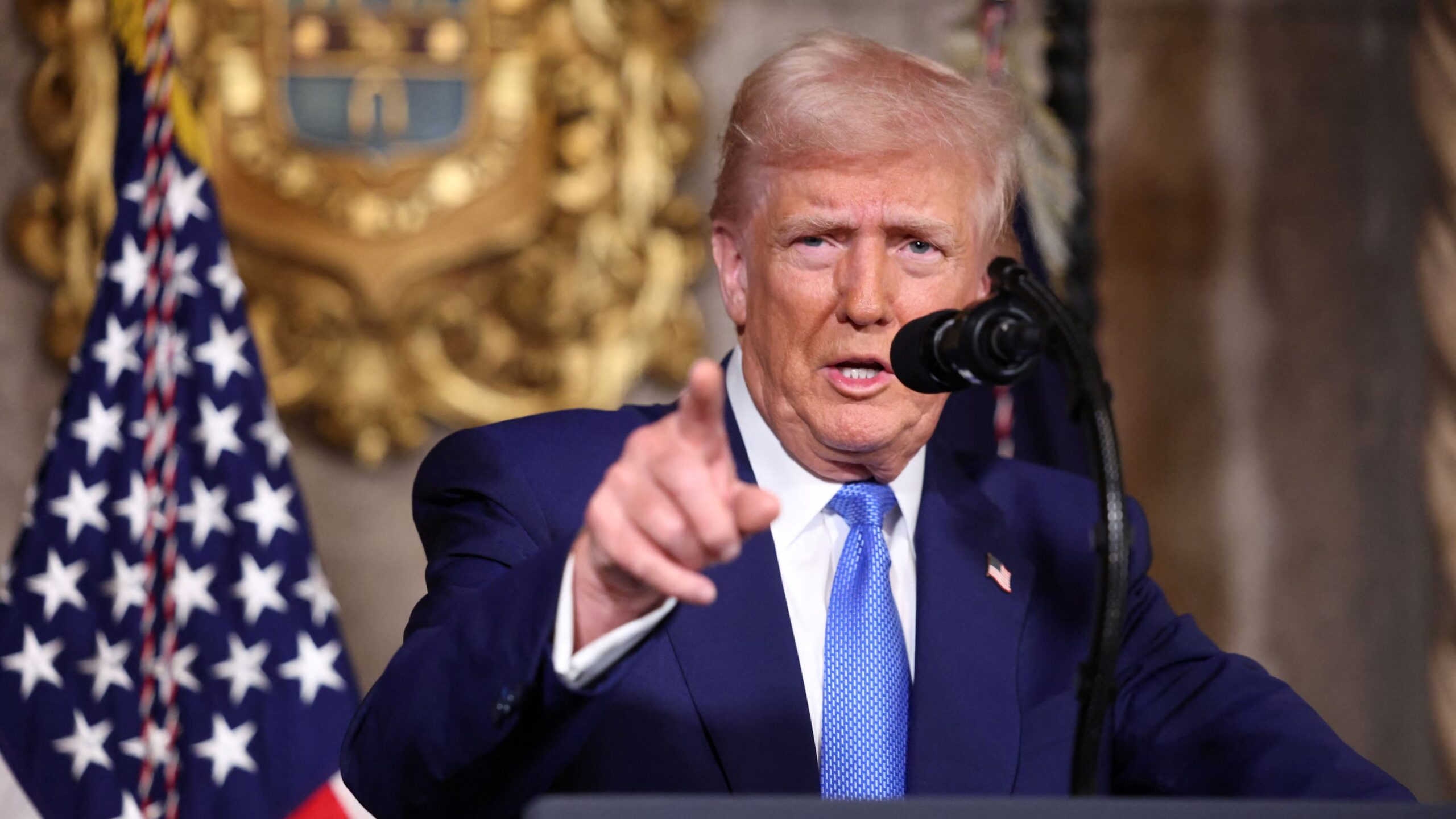As Donald Trump gears up for his presidential tenure starting January 2025, the financial and crypto sectors are abuzz with discussions about who will lead the U.S. Securities and Exchange Commission (SEC). A top contender for the role appears to be Mark Uyeda, a current SEC commissioner known for his critical stance on the existing regulatory approaches under Chair Gary Gensler. Appointed on June 30, 2022, Uyeda has been vocal about his disapproval of what he sees as overreaching enforcement actions detrimental to the crypto industry.
Jake Chervinsky, a notable crypto attorney, mentioned in a recent X post that Uyeda’s consistent opposition to an enforcement-heavy regulatory framework has won him favor within the crypto community, which seeks a more balanced and cooperative regulatory approach. Uyeda’s critiques in October labeled Gensler’s policies as catastrophic for the industry, positioning him as a favorable candidate to lead a more industry-friendly SEC.
The Case Against Hester Peirce’s Candidacy
Despite the high regard in which Commissioner Hester Peirce is held within the crypto sector—often affectionately referred to as “Crypto Mom”—Chervinsky deems it highly unlikely that she will succeed Gensler. Appointed by Trump during his first term, Peirce has earned her moniker for her advocacy for fair crypto regulations and her calls for the SEC to foster innovation through open dialogue rather than stifle it with restrictive policies. Yet, Chervinsky suggests that the burdensome nature of the chair role may deter Peirce from seeking it, despite her qualifications and industry support.
With Trump’s tendency to introduce his allies into key positions, speculation arises that he might opt for a fresh face to lead the SEC, distancing his administration from the previous one’s policies that many in the crypto world view as overly aggressive. Chervinsky anticipates that Trump might favor a new candidate who aligns more closely with his vision for deregulation and fostering innovation.
Beyond the leadership appointments, Trump’s administration is expected to focus significantly on altering the course of crypto regulations. Chervinsky emphasizes that Trump’s priority should be to dismantle what he considers harmful precedents set by the Biden administration, specifically referring to the ongoing SEC lawsuits against major crypto platforms and the controversial Tornado Cash case.
Navigating a New Path for the SEC
As Trump’s presidency reinitiates, the direction in which he steers the SEC will be crucial for the crypto industry and broader financial markets. The potential appointment of Mark Uyeda as the SEC chair could signal a shift towards more industry-friendly policies, which might help rectify what many stakeholders perceive as an antagonistic environment crafted by current regulations.
The discussions and decisions regarding the SEC’s leadership encapsulate broader themes of regulatory philosophy and government interaction with burgeoning technological sectors. As Trump prepares to potentially reinstate leaders like Uyeda or introduce new figures, the financial community watches closely. These choices will significantly influence the landscape of financial regulation and innovation, especially in areas as dynamically evolving as cryptocurrency. The right leadership can either forge paths for technological empowerment and economic growth or tighten the reins to the detriment of innovation. As such, the coming years under Trump’s administration could be pivotal in defining the balance between regulation and innovation in the financial realm.


